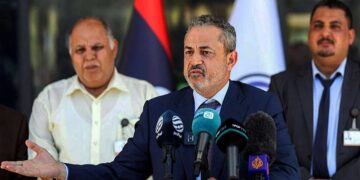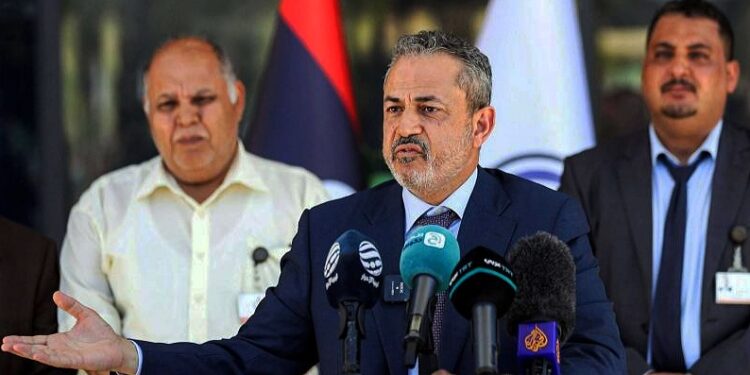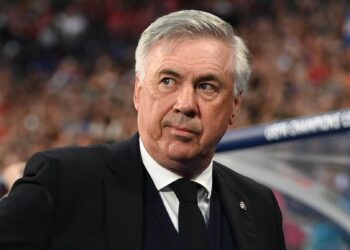By John Ikani
Tribal groups have agreed to end a blockade of Libya’s oil production facilities after Tripoli installed a new leader at the National Oil Company (NOC).
The announcement followed a decision by tribal groups to drop a month-long blockade of facilities after the Government in Tripoli appointed Farhat Bengdara as new head of the NOC Thursday.
In a decree made public on Wednesday, the unity government of Prime Minister Abdulhamid Dbeibah replaced veteran NOC head Mustafa Sanalla who had led the corporation since 2014, appointing Bengdara as chief.
Hours later, the NOC on Friday announced it had lifted force majeure on the country’s oil fields and ports. Force majeure allows a firm to get out of contractual obligations due to unforeseen circumstances.
“The National Oil Corporation announces the lifting of force majeure at all fields and terminals from July 15,” Bengdara said in the eastern city of Benghazi.
“It’s vitally important under the current conditions that Libya regains its oil and gas export capacity as quickly as possible. The oil sector has fallen prey to political struggles, but we will work to prevent political interference.”
Bengdara was speaking during an event attended by representatives of groups who had since mid-April blockaded six oil fields and export terminals over demands for a more “equitable distribution” of the country’s oil revenues.
During that Blockade, oil production fell by 400,000 barrels of crude per day, down from one million bpd in March.
But on Friday, the groups said they were lifting the blockades after the new NOC chief “promised to satisfy all our demands, name an equitable distribution of oil revenues.”
“We have decided to reopen oil fields and oil terminals, to allow the resumption of production and exports,” they said in a statement.
Sanalla’s replacement was reported to have been one of groups’ demands, the other was that Dbeibah himself step down in favor of Fathi Bashaga, whom parliament had designated to replace him. Dbeibah, however, has refused to give way and Sanalla’s firing is seen as a move that will enable him to remain in power.
The lifting of the export halt is expected to provide succour as countries around the world scramble to secure oil and gas supplies amid rising prices and limited availability due to Russia’s invasion of Ukraine.




































